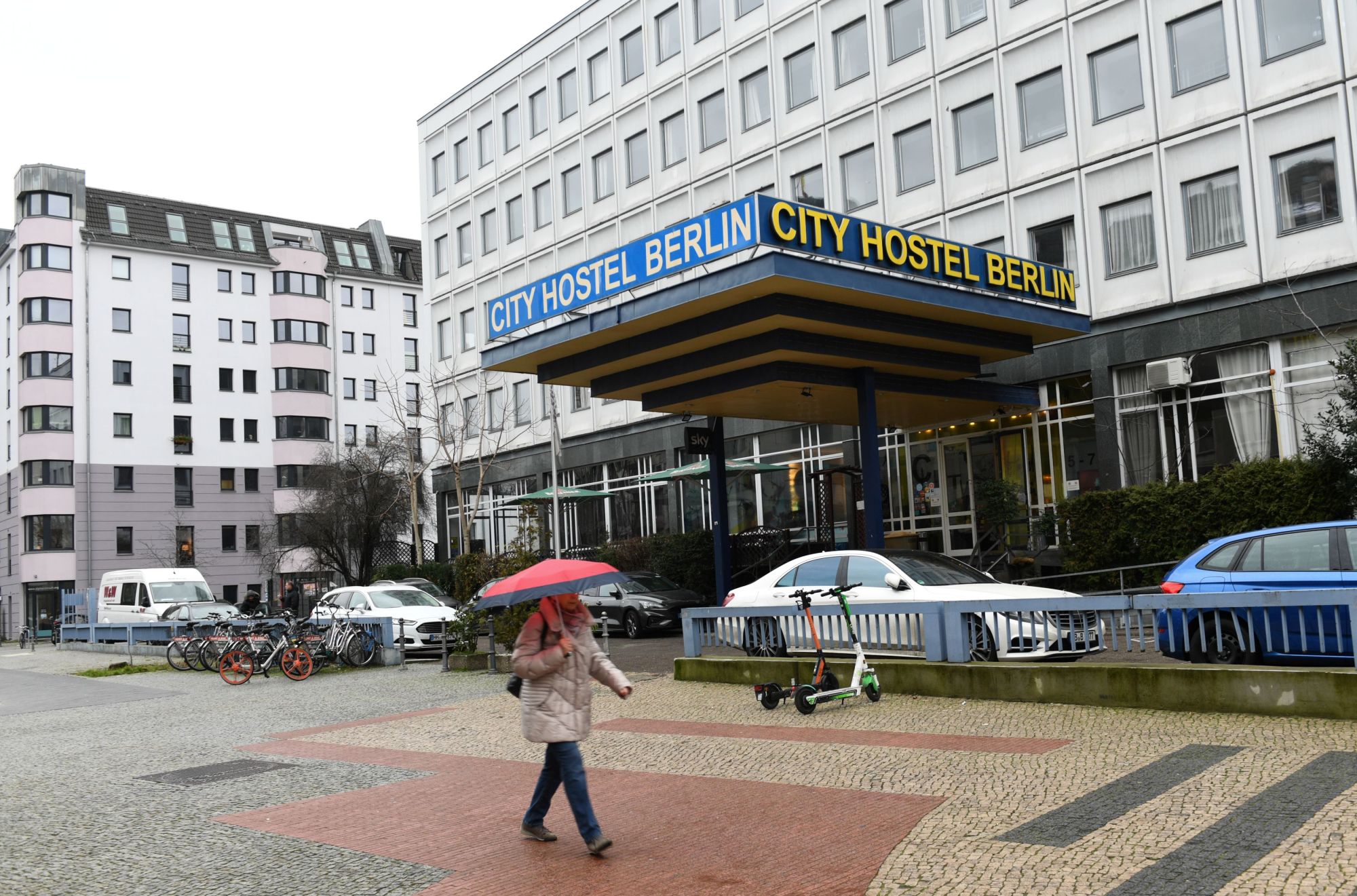A German court ruled on Tuesday that a hostel situated on the grounds of the North Korean Embassy in Berlin must close as its operation breaches sanctions aimed at stopping the flow of hard currency to Pyongyang.
The embassy, a Cold War legacy of North Korea's diplomatic relations with communist East Germany, has continued to operate since German reunification in 1990, with one of its buildings turned into a low-cost hostel popular with backpackers.
The hostel's operators lease the premises from the embassy for €38,000 ($42,157.20) per month under a contract agreed upon in 2016, the Berlin administrative court said, but it ruled this breached U.N. sanctions and a European Union directive.
The United Nations explicitly banned such leasing arrangements by North Korean embassies worldwide as part of U.N. Security Council Resolution 2321, passed in November 2016 after Pyongyang's fifth nuclear test.
In November 2018, Berlin city authorities prohibited the operator from using the property, citing an EU directive implementing the U.N. sanctions.
Appealing against that decision, the unnamed operator argued that the city authorities did not have the competency to order the hostel to be closed and said it stopped paying rent to the embassy in April 2017, the Berlin court said.
But the court upheld the Berlin city authorities' decision, arguing: "Since the prohibition based on U.N. sanctions law is mandatory, the discretion of the authorities was reduced to zero and only allows for the decision taken."
Reacting to the ruling, the U.S. ambassador to Germany, Richard Grenell, said in a tweet: "US Embassy Berlin has been hard at work getting this hotel shut down. It seems like a no-brainer to us. North Korea is under UN sanctions and the Germans are the Chair of the UN enforcement committee."



















With your current subscription plan you can comment on stories. However, before writing your first comment, please create a display name in the Profile section of your subscriber account page.